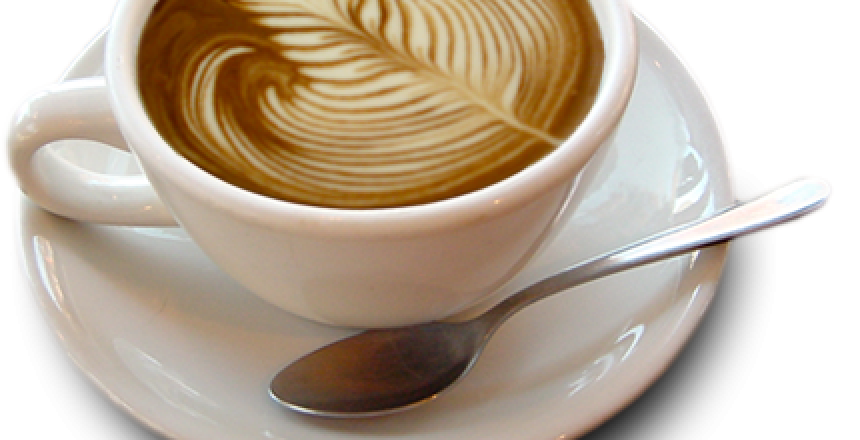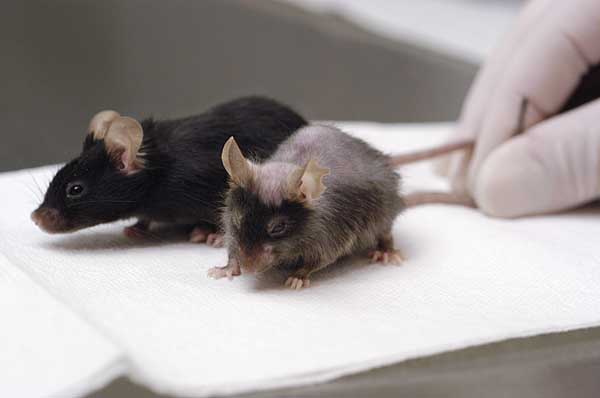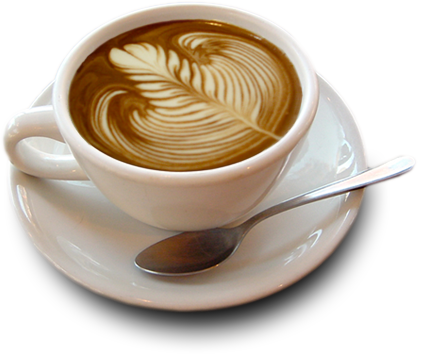We’ve discussed various degrees of carbohydrate restriction a lot on this site.
For example, carbohydrates are associated with more heart disease and a higher death rate. Avoiding dietary carbohydrates and sugar can extend lifespan by keeping blood glucose normal.
Avoiding (especially refined) carbohydrates and sugar is a cornerstone of longer lifespan and healthspan.
The highest level of carbohydrate restriction, with the lowest amount of carbohydrates, is the very low carbohydrate ketogenic diet (VLCKD).
The ketogenic diet is called this because it generates ketones, which are small molecules that the body can use to make up for a lack of glucose, which comes from eating carbohydrates. The ketones are the molecules beta hydroxybutyrate, acetoacetate, and acetone.
The body uses fat from both body fat and dietary fat to make ketones.
There are many indications that being in a state of ketosis, that is, when your body is producing ketones, is a uniquely healthy state.
For example, the ketogenic diet extends lifespan in lab animals.
(Roberts, Megan N., et al. “A ketogenic diet extends longevity and healthspan in adult mice.” Cell Metabolism 26.3 (2017): 539-546.)
Ketones mimic the lifespan-extending properties of calorie restriction.
(Veech, Richard L., et al. “Ketone bodies mimic the life span extending properties of caloric restriction.” IUBMB Life 69.5 (2017): 305-314.)
Calorie restriction extends lifespan, and it may be possible to get all the benefits of it without actually restricting food.
All you would need to do is restrict carbohydrates.
Much more scientific research needs to be done to look at the connection between ketones, calorie restriction, and longer life, but the connection looks very promising.
Intermittent fasting also produces ketones.
And there may be a way to boost ketone production when you’re fasting or eating a ketogenic diet.
Caffeine boosts ketone production.
(Vandenberghe, Camille, et al. “Caffeine intake increases plasma ketones: an acute metabolic study in humans.” Canadian Journal of Physiology and Pharmacology 95.4 (2016): 455-458.)
Caffeine given at two different doses, 2.5 mg per kg of body weight, or 5.0 mg/kg, stimulated ketone production as much as an overnight fast.
“This short-term study showed that caffeine intake can stimulate ketogenesis by increasing β-HB concentrations by 88-116% with a maximum within four hours post-dose .”
The lower dose, 2.5 mg/kg is equivalent to about 1.5 cups of coffee for a person who weighs 70 kg, and the higher dose to about 3 cups.
So, the dose is well within what many people drink already.
Of interest, the caffeine boosted ketone production even when the volunteers ate 85 grams of carbs for breakfast. That’s unexpected, because ingestion of carbs is thought to all but eliminate ketosis.
Coffee has other benefits when combined with a ketogenic diet or with fasting.
Coffee stimulates autophagy, the cellular self-cleansing process that rids cells of junk.
(Pietrocola, Federico, et al. “Coffee induces autophagy in vivo.” Cell Cycle 13.12 (2014): 1987-1994.)
That means that coffee boosts one of the main healthful effects of fasting or the ketogenic diet.
Autophagy is required for lifespan extension, and declines with age.
So increasing it has solid benefits for fighting aging.
( Madeo, Frank, et al. “Essential role for autophagy in life span extension.” The Journal of Clinical Investigation 125.1 (2015): 85-93. )
Generally, the higher the level of ketones in the blood, the more beneficial. So for instance, drinking coffee while fasting should boost ketones even more.
Yet another benefit of coffee – or tea, which also contains caffeine – is that they suppress hunger.
All in all, coffee provides many health benefits, and ketone production is one of them.
You can enjoy coffee along with a low-carb diet or fasting knowing that it does these things. Coffee is also associated with lower risk of diabetes, and tea with lower risk of heart disease.














18 Comments
“Yet another benefit of coffee – or tea, which also contains caffeine – is that they suppress hunger.”
I’m thinking that maybe increased ketone production is in fact the mechanism via which coffee/tea would suppress hunger. Ketones represent fuel your body can use for energy, so it seems to make sense to me. Does that sound right? In any case, this would be yet another (of the many) reason to enjoy some black coffee while fasting.
That could well be the reason.
When did you start writing articles with one sentence paragraphs? My head hurts trying to read that style. I fact, I don’t/won’t read them.
It was a “trick” many years ago when people shilling their books would say, “400 page” guide, or whatever. Large font, single sentence paragraphs.
I know that you are a good writer, and I say that as a critical person. What happened?
Feel free to go read somewhere else if you don’t like the way I write. You show up on a site that provides free information, and that’s how you react? “Shilling” – got it.
I love your writing style. It is very to the point and fact oriented. It is consistent in all your work that I’ve read. Just finished your simplest diet plan pdf which I bought earlier in the week. Really simple to read, dense with information but straight to the point. Excellent.
With my morning coffee I add a couple of tablespoons of heavy cream and a teaspoon of creatine. I’ve been drinking this mixture and tracking my blood glucose and ketone reactions.
The first numbers in the 70s and 80s are glucose numbers, The next numbers are my ketone levels taken from my KetoMojo monitor..
February 23rd, 2019
9:20 AM: 85 ~ 3.7
Coffee with Cream (3 TBSP) checking glucose and ketone reactions
9:50 AM: 85 ~ 3.4 / 3.3
10:25 AM: 85 ~ 3.5 / 3.4
11:05 AM: 82 ~ 3.4 / 3.2
11:15 AM: Coffee with Cream (3 TBSP) continue checking glucose and ketone reactions
11:30 AM: 82 ~ 3.9 / 5.1 (5.1 might be a false high)
11:45 AM: 84 ~ 3.7 / 4.0
2:30 PM: 77 ~ 5.1 / 3.7 (5.1 might be a false high)
I ran out ketone test strips. When I get some I’ll do some readings on just straight coffee.
I’m with Steve, PD. I appreciate your straight to the point writing style.
I should have added in my above post that it seems my ketone levels were increasing as I drank more coffee.I usually drink at least 3 coffees a day. Usually about 4.
Also there is this:
“Three cups of coffee a day clears out your arteries and could help beat heart disease, according to a new study.
Scientists at the University of Sao Paulo took dietary information and Coronary Artery Calcium (CAC) readings from more than 4,400 study participants, nearly all of whom drank coffee.
They found those who drank larger amounts of coffee had a lower CAC reading – meaning they had less calcium deposits in their arteries allowing for better blood flow.”
https://www.telegraph.co.uk/news/2018/03/30/three-cups-coffee-day-clears-arteries-study-finds/
And coffee is good for the liver
https://www.medicalnewstoday.com/articles/320089.php
Hi PD
Do you have any view on “adrenal fatigue” (AF) and whether coffee aggravates it? The concept of AF seems to be an “holistic” one – it assumes that someone’s adrenal glands are pumping out cortisol all the time (or are shot to pieces from over production of cortisol) and that coffee super-stimulates the adrenals to pump out even more, leading to general fatigue. So I guess my question is whether (paradoxically) if you are tired, that is a contraindication for taking coffee?
(It would be great if you could publish something on this topic though I realize it is now a main source of focus now. I’ve been looking at Dr Berg’s youtube videos but cant tell if there is solid medical science behind this topic.)
thanks
Hi Jer, I’m agnostic about adrenal fatigue but tend to be skeptical. There could be something going on with adrenals but related to other conditions, e.g. if you weren’t sleeping much. But that the adrenal glands can become exhausted and non-functional due to overproduction, that I doubt.
Ok understood. Doesn’t sound like you think coffee would be an issue anyway. Do you look at how cortisol may be lowered in an you of your books (if a relevant factor in anything you discuss..) ?
Thanks
I take L-Theanine to knock down the jitters. It seems to work. L-Theanine was discovered in green tea to keep people drinking it calm. The Buddhist monk phenomena.
Is it the coffee, or the caffeine?
In this case, caffeine, but coffee, including decaf, has other benefits.
I am on Keto 3 months, for health, not weight loss. I have mild gastritis due to bile reflux. There is so little information about keto and gastritis and coffee. I love coffee (1-2 cups a day), today is my second day without it for the hope that gastric pain will improve and I hate tea …
Coffee is bad ass. I like to stack it black with an aspirin or two in the morning.
https://www.ncbi.nlm.nih.gov/pmc/articles/PMC5611980/
https://www.jci.org/articles/view/64099
Thanks – don’t know how I missed the Aging article on coffee. I take aspirin as well. Very interesting article came out recently on the effects of aspirin by body weight: https://www.sciencedirect.com/science/article/pii/S0140673618311334#bib9
Nice article on stacking aspirin and caffeine:
https://www.ncbi.nlm.nih.gov/m/pubmed/3680601/
It’s a great combination in my experience mood, work capacity, etc.
I know the Ray Peat forum has issues but his articles are pretty interesting/informative:
https://raypeat.com/articles/aging/aspirin-brain-cancer.shtml
As an FYI I’ve read 4 of your books: Muscle Up, Dumping Iron, Stop the Clock, Supplements for Men = good reads….
Thanks for the links – and thanks for reading my books. One of Peat’s main points in that article, which I agree with, is that aspirin effectively defends against many of the ill effects of omega-6 fatty acids, since it inhibits the enzyme that turns them into inflammatory prostaglandins.